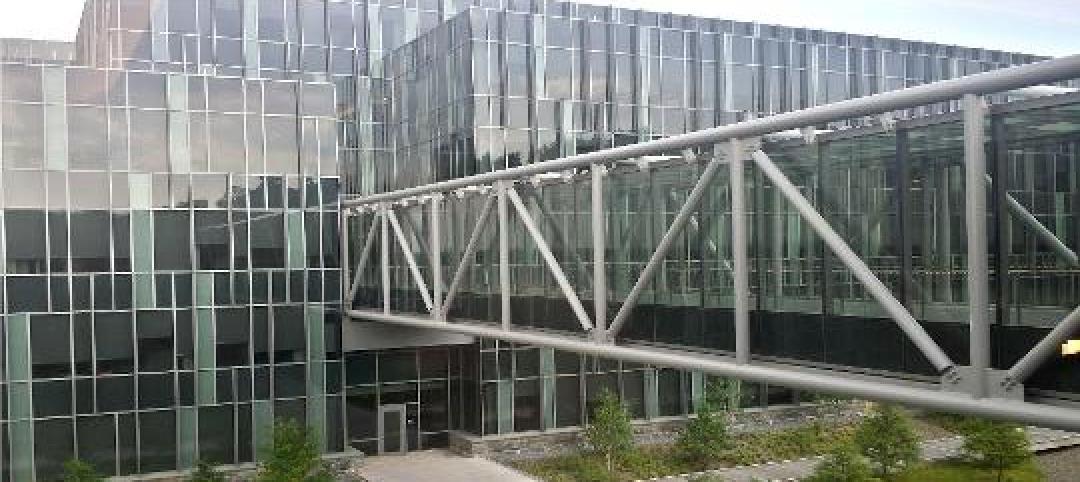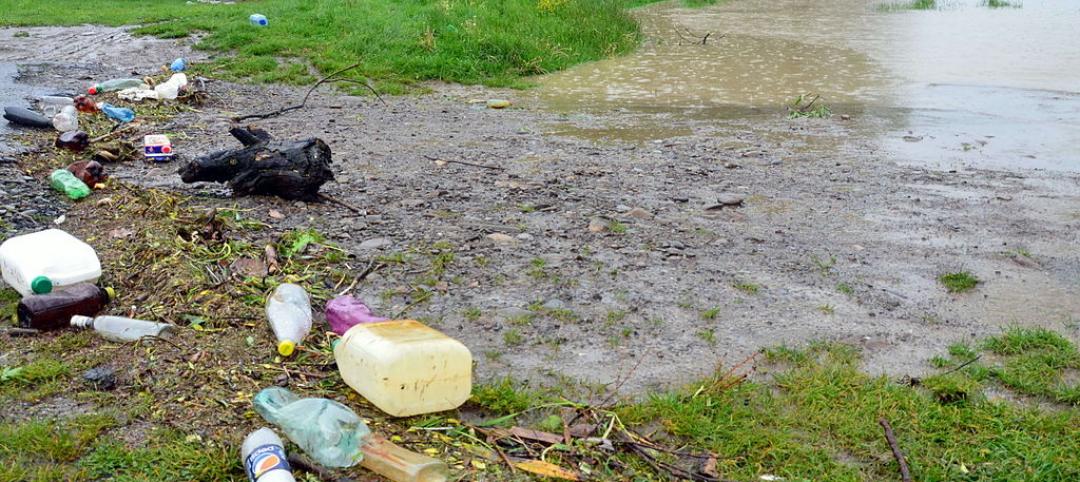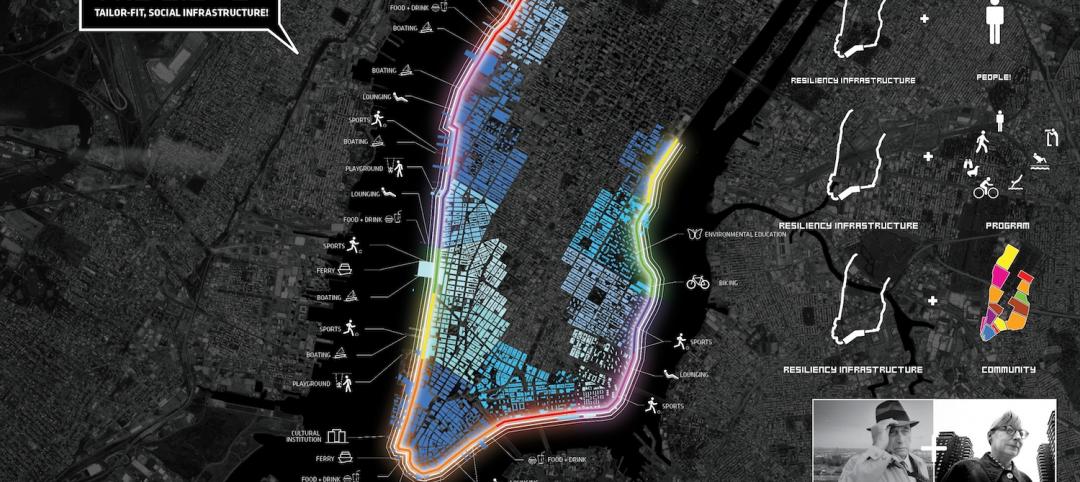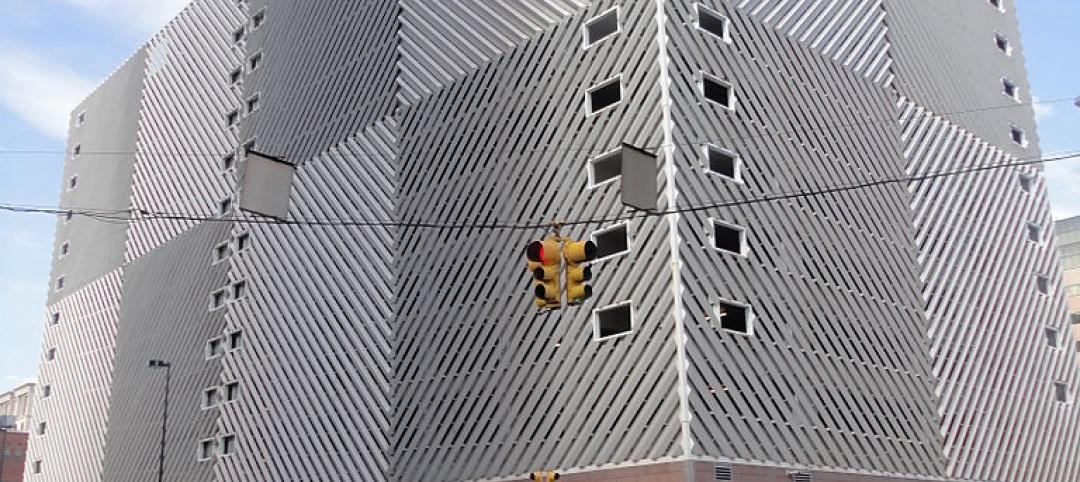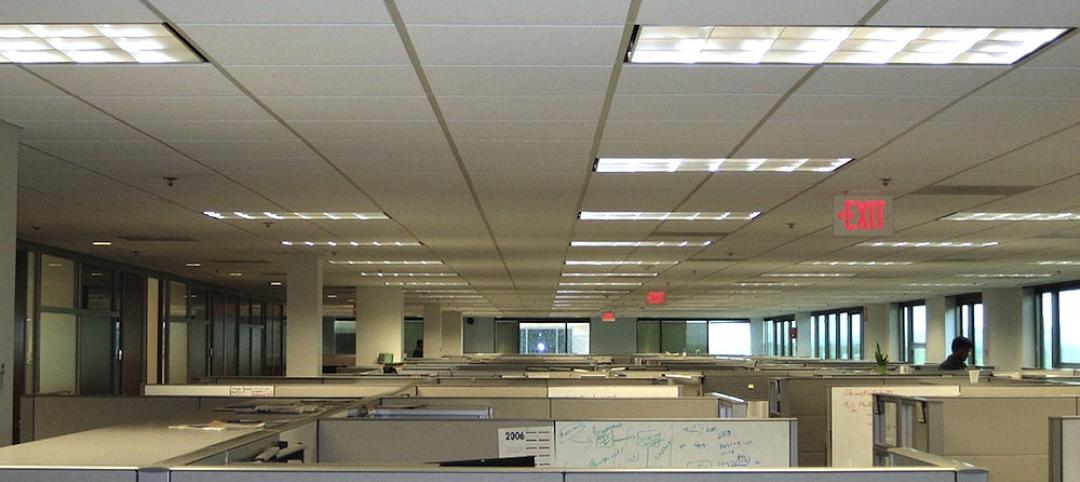Cities around the world need $375 billion in green investment to avoid catastrophic global climate change, the C40 Cities Climate Leadership Group says.
According to a report by Arup on behalf of the C40 group, without serious action before 2020, the world will have locked in future emissions to the point where global temperatures will surpass the 2 degrees Celsius mark—the upper safe limit in the Paris Climate Agreement. The report says that megacities need to reduce their average emissions from more than five tons of carbon per capita today to around 2.9 tons over the next decade.
The report provides guidelines for global cities to take 14,000 climate actions over the next four years in transportation, efficiency, energy production, and waste management in order to reduce emissions. If C40 cities and their partners take on the recommended actions, the report says they can deliver 51% of the carbon reductions necessary to ensure cities are on course with Paris Agreement objectives. The remaining 49% of emission reductions would need to come from external structural changes such as de-carbonizing national energy supplies.
Established 11 years ago, the C40 Cities Climate Leadership Group includes more than 85 world cities, representing more than 650 million people and one-quarter of the global economy.
Related Stories
| Jun 11, 2014
Federal bill would promote shifting to energy-efficient roofs
A bipartisan proposal from U.S. Reps. Tom Reed, R-N.Y., and Bill Pascrell, D-N.J., would make roof replacement cost less and would help commercial building owners adopt energy-efficient systems.
| Jun 5, 2014
Over budget Homeland Security headquarters project may be canceled
A massive new headquarters for the Department of Homeland Security is more than $1.5 billion over budget, 11 years behind schedule, and may never be completed.
| Jun 5, 2014
Insurance giant sues nearly 200 Illinois communities for failing to prepare for climate change
Farmers Insurance filed nine class action suits against nearly 200 communities in the Chicago area, saying that local governments should have prepared for rising global temperatures that have led to heavier rains and flooding.
| Jun 4, 2014
Dikes, water pumps, and parks will help New York City area be more resilient
The Obama Administration has pledged $1 billion in federal funding to protect the New York City region from flooding like the area experienced from Superstorm Sandy.
| Jun 4, 2014
Green initiative may scuttle high-rise projects in Berkeley, California, critics charge
Volunteers in Berkeley, Calif., are collecting signatures for the “Green Downtown & Public Commons Initiative,” a controversial measure that critics charge would halt some development in the city.
| Jun 2, 2014
Parking structures group launches LEED-type program for parking garages
The Green Parking Council, an affiliate of the International Parking Institute, has launched the Green Garage Certification program, the parking industry equivalent of LEED certification.
| May 28, 2014
Commercial building measurement standard could meet resistance from owners
For some building owners, a new measurement standard could mean that their building would shrink in size and lose value.
| May 28, 2014
Resiliency measures for hurricanes can help with tornadoes
Architect Butch Grimes, who examined the wreckage after a half-mile tornado struck Tuscaloosa, Ala., believes toughening building codes can reduce damage from twisters.
| May 28, 2014
Rooftop wind turbines becoming green status symbol in New York City
New York City developers are using rooftop wind turbines in an effort to attract buyers by highlighting a building’s green credentials.
| May 28, 2014
Peer review process under way for the WELL Building Standard
The standard is the first protocol of its kind that focuses on improving human wellness within the built environment by identifying specific conditions that, when holistically integrated into building interiors, enhance the health and wellbeing of the occupants.




